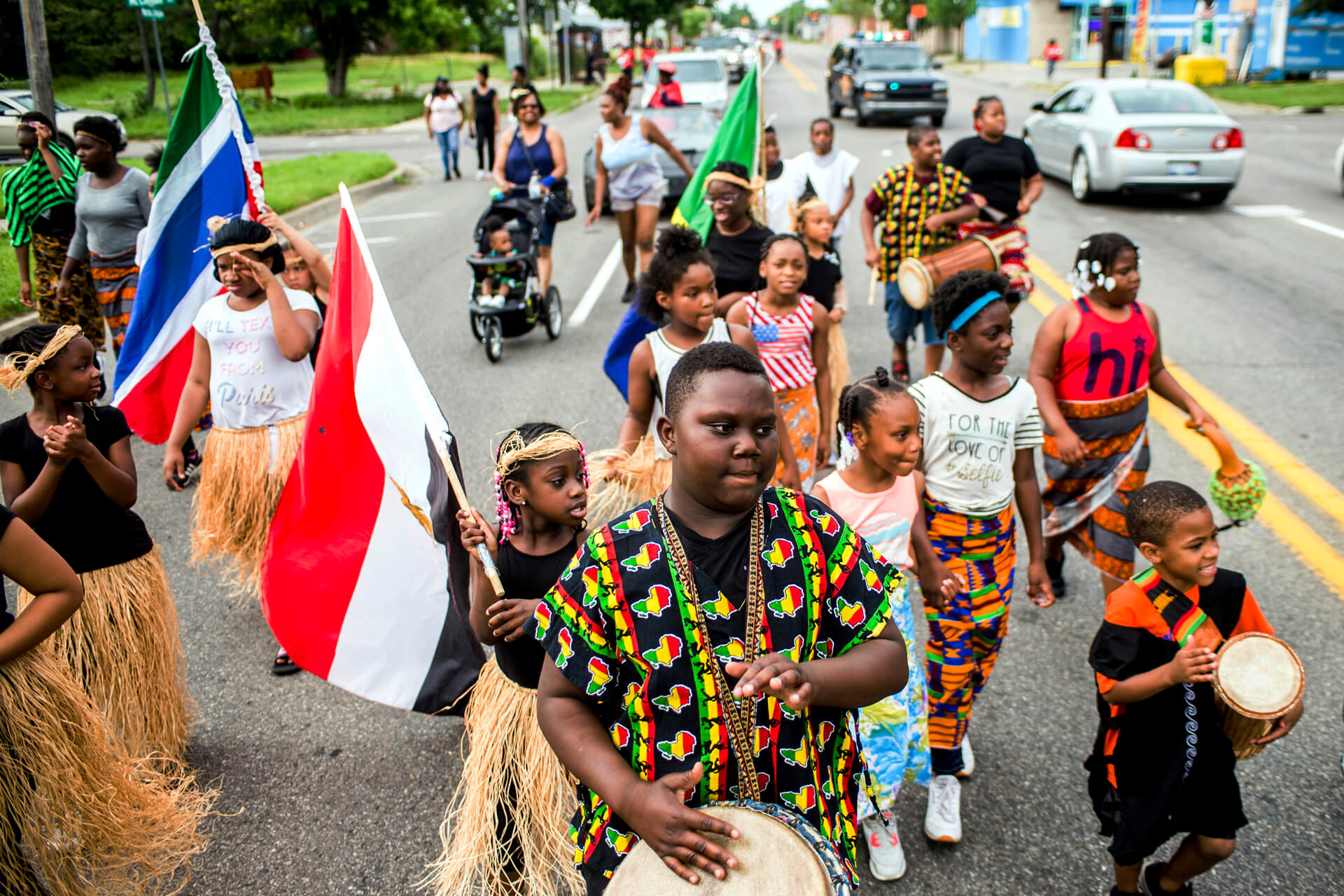Juneteenth Day: The Journey to Becoming a Federal Holiday
Juneteenth day, a blend of June and nineteenth, commemorates the day when enslaved individuals in Galveston, Texas, finally learned of their freedom on June 19, 1865.
Despite President Abraham Lincoln’s Emancipation Proclamation in 1863, it took until the end of the Civil War for the news to reach certain areas in the South.
The celebrations started with church picnics and speeches, gradually spreading as Black Texans migrated to other regions.
After generations of recognizing Juneteenth with festivities, it wasn’t until 2021 that it became a federal holiday.
The bill to establish Juneteenth as a national holiday received bipartisan support and signed into law by President Joe Biden.
Opal Lee, a former teacher and activist, played a significant role in advocating for Juneteenth as a federal holiday.
Her efforts, along with the national reckoning on race sparked by the murder of George Floyd in 2020, contributed to the holiday’s recognition.
While Juneteenth day has gained federal recognition, its celebrations have faced new challenges.
Activists and educators aim to use the holiday as a platform for education and activism, addressing racial disparities and advocating for change.
However, there has also been a commercialization of the holiday, with retailers and venues capitalizing on Juneteenth-themed merchandise. Some of these marketing efforts have met with backlash.
You may also like: Rediscovering the True Meaning of Memorial Day 2023
Juneteenth Day: Honoring Freedom and Remembering Sacrifices

Juneteenth day serves as a reminder of the sacrifices made for freedom in the United States. It highlights the fact that true freedom was not achieved for all individuals until June 19, 1865.
The day carries a profound significance in a society still grappling with racial and political tensions. It is a time to reflect on the fragility of freedom and the ongoing need for progress.
Juneteenth day symbolizes the end of slavery in the United States and carries deep historical significance.
The journey to becoming a federal holiday involved grassroots efforts, bipartisan support, and a national movement for racial justice.
While celebrations have evolved over the years, it remains essential to remember the purpose of Juneteenth and its role in commemorating freedom and inspiring progress in the face of ongoing challenges.





